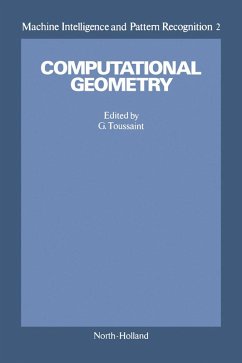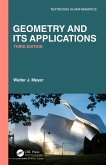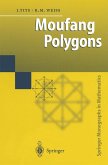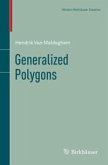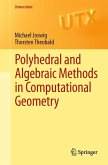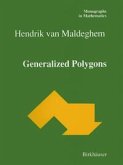The selection first ponders on optimal parallel algorithms for selection, sorting, and computing convex hulls, simple on-line algorithms for convex polygons, and geometric algorithms that use the furthest-point Voronoi diagram. Discussions focus on algorithms that use the furthest-point Voronoi diagram, intersection of a convex polygon and a halfplane, point insertion, convex hulls and polygons and their representations, and parallel algorithm for selection and computing convex hulls. The text then examines optimal convex decompositions, expected time analysis of algorithms in computational geometry, and practical use of bucketing techniques in computational geometry.
The book takes a look at minimum decompositions of polygonal objects, framework for computational morphology, display of visible edges of a set of convex polygons, and implementation study of two algorithms for the minimum spanning circle problem. Topics include rolling algorithm, shape of point sets, and decomposition of rectilinear and simple polygons and polygons with holes.
The selection is a valuable source of data for researchers interested in computational geometry.
Dieser Download kann aus rechtlichen Gründen nur mit Rechnungsadresse in A, B, BG, CY, CZ, D, DK, EW, E, FIN, F, GR, HR, H, IRL, I, LT, L, LR, M, NL, PL, P, R, S, SLO, SK ausgeliefert werden.

